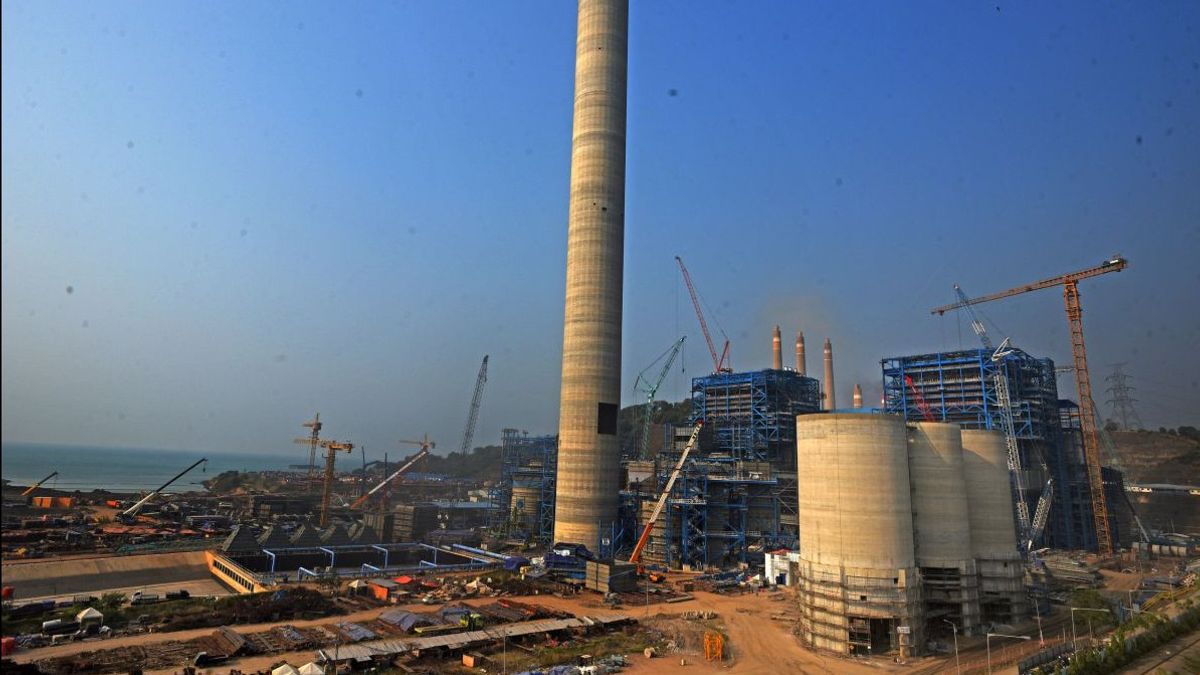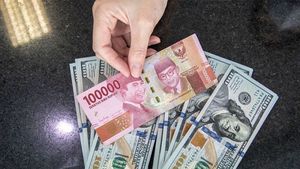JAKARTA - Adani Green Energy Limited (AGEL) is building the world's largest environmentally friendly energy power plant in West India.
Reporting from CNN Business, this power plant is claimed to have an area 5 times the area of the city of Paris and is visible from space, and has the capacity to light up the entire country of Switzerland.
AGEL Executive Director Sagar Adani said the power project is turning a patch of barren salt desert on the edge of Western India into one of the world's most important sources of clean energy.
Just so you know, Sagar Adani is the nephew of Gautam Adani, the second richest person in Asia, whose wealth of 100 billion comes from the Adani Group, India's largest coal importer and leading miner.
Founded in 1988, the conglomerate has businesses in fields ranging from ports and thermal power plants to media and cement.
For its clean energy unit, AGEL is building a vast solar and wind power plant in the western Indian state of Gujarat at a cost of up to 20 billion US dollars.
"This will be the world's largest renewable park when completed in about five years, and should produce enough clean electricity to power 16 million Indian homes," wrote CNN, quoted Thursday, March 21.
The success of the Khavda Renewable Energy Park is considered critical to India's efforts to reduce pollution and achieve its climate goals while meeting the growing energy needs of the world's most populous country.
It is known that coal currently still contributes 70 percent of the electricity produced in India.
This power plant is also located only 12 miles from the border separating India and Pakistan.
It is also claimed that the park will cover more than 200 square miles and be the largest power plant on the planet.
“An area so large, an area so unencumbered, there is no wildlife, no vegetation, no habitation. There is no better alternative use for that land,” Adani said.
Adani added that the Adani Group's decision to establish this environmentally friendly power plant came after India set several ambitious climate goals.
Prime Minister Narendra Modi has promised that renewable sources such as solar and wind power will meet 50 percent of India's energy needs by the end of the decade.
SEE ALSO:
In 2021, Modi promised India would reach net zero emissions by 2070, which is still decades later than advanced economies.
The Indian government has also set a target of 500 gigawatts (GW) of non-fossil fuel power generation capacity by 2030.
With this aim, continued Adani, AGEL is committed to providing at least 9 percent of this target with an estimated 30 GW generated from parks in Gujarat.
The English, Chinese, Japanese, Arabic, and French versions are automatically generated by the AI. So there may still be inaccuracies in translating, please always see Indonesian as our main language. (system supported by DigitalSiber.id)
















